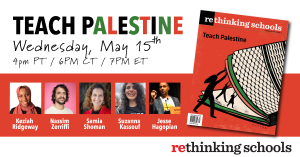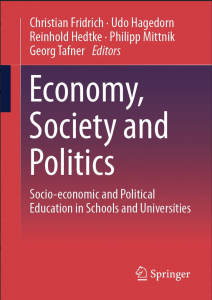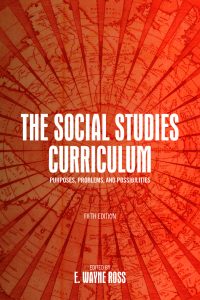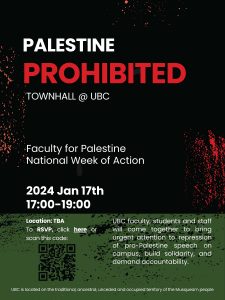Master of Education: Curriculum, Historical inquiry, & Pedagogy (CHiP)
Issues of equity, diversity, and social justice serve as foundational lenses for interrogating social studies curriculum and pedagogy.
This graduate program delves into key aspects of social studies curricula with connections to historical thinking, historical consciousness, visual culture, anti-oppressive and anti-racism education, gender studies, moral education, and the history and politics of curriculum.
The cohort-based model invites you to work through the program in a collaborative community of practice. Students in this program will construct strong, foundational knowledge about teaching and learning in social studies. Building on that base, you will investigate the ways in which inquiry, inter-culturalism, and 21st century teaching and learning are central to social studies education.
By the end of the 26-month program, students will have a wealth of knowledge to share. During the first semester of the program, incoming students will have a chance to learn from graduating students though a mini conference where they will share what they have learned and consider how it can help other Social Studies teachers in their contexts.
This program is offered by the Department of Curriculum & Pedagogy at the University of British Columbia
Start Date: July 2025
Length: 2.5 years | Part-Time
Format: Online
Objectives
Through the program, students will consider theories, principles, and practices in social studies education related to:
- Critical analysis of dominant and alternative theories of learning, teaching, and assessment in Social Studies,
- Improvement of practice through the study of educational theory, philosophy, and practice in Social Studies,
- Analysis of different approaches to curriculum development and implementation and their impact on social studies teaching and learning,
- The place of curriculum and pedagogy for social studies education in historical context, understanding the social, political, economic, and cultural factors that direct past, present, and future decision making, and
- Using an inquiry stance toward your professional practice as an educator in a variety of settings.
Additionally, students will continually reflect on what they are learning and consider how it can help them understand the aims and purposes underlying social studies curricula in their contexts. This knowledge can then be used to inform new practices in their educational contexts.
 Follow
Follow


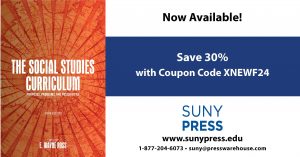
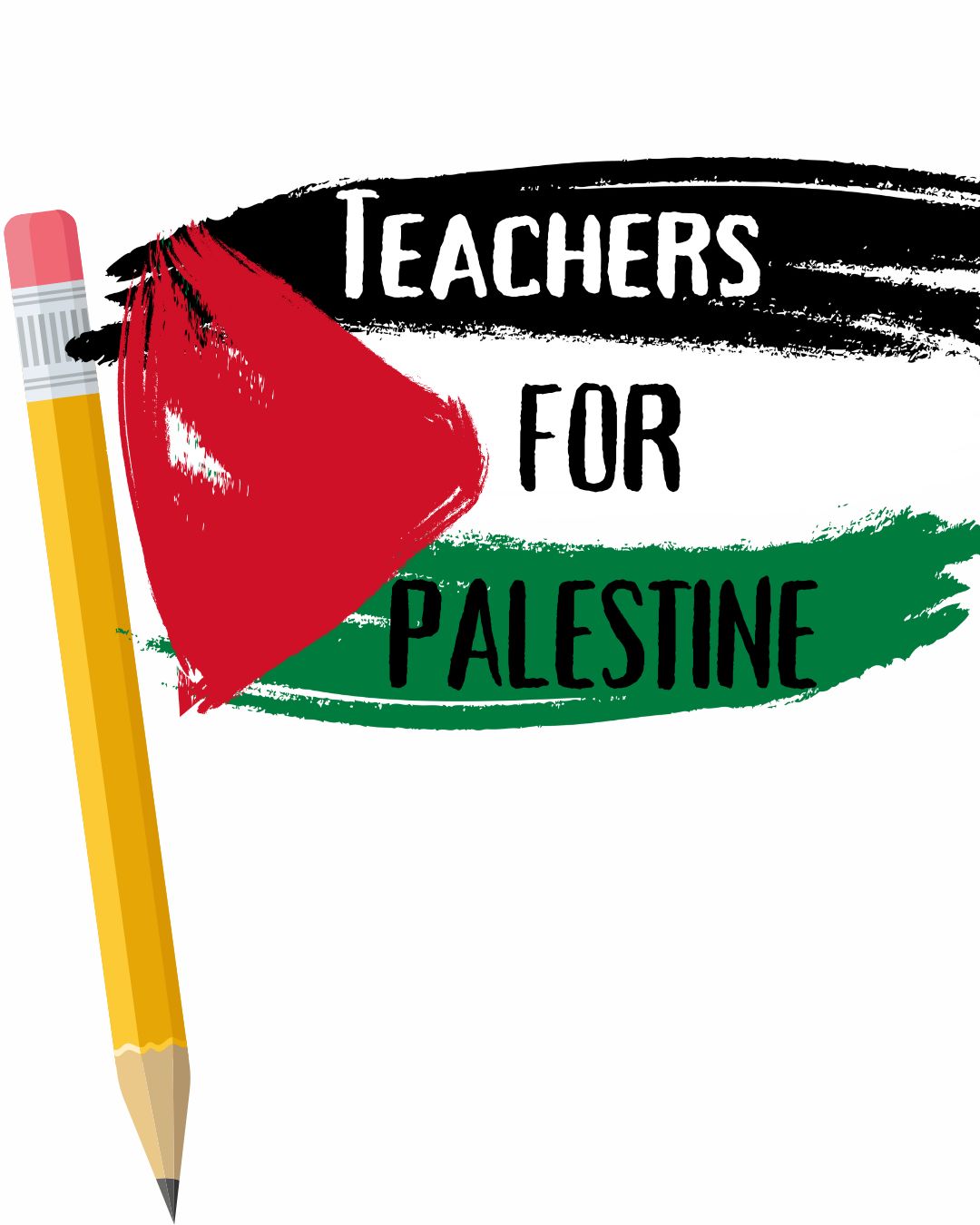 Via Teachers for Palestine BC:
Via Teachers for Palestine BC:
